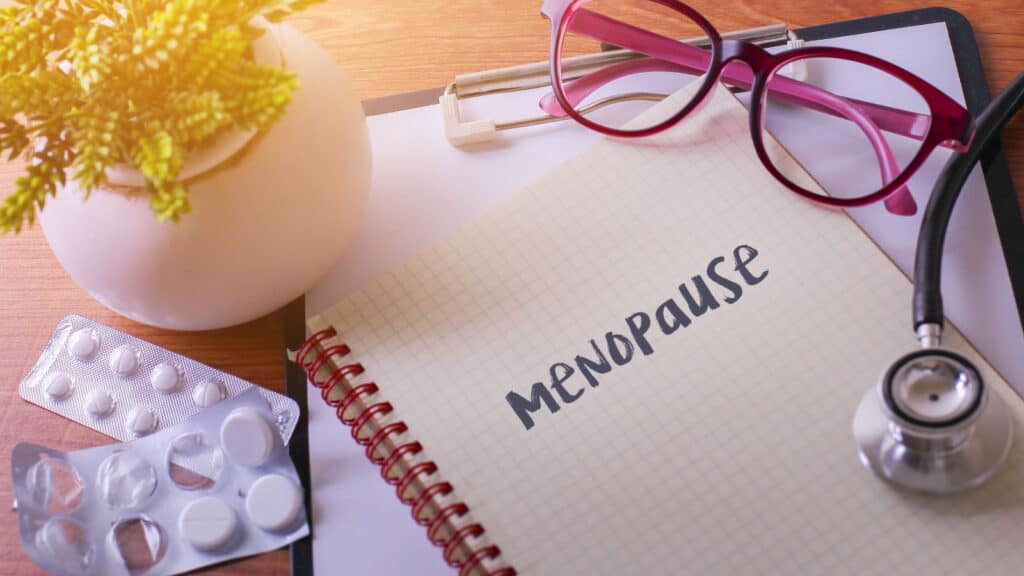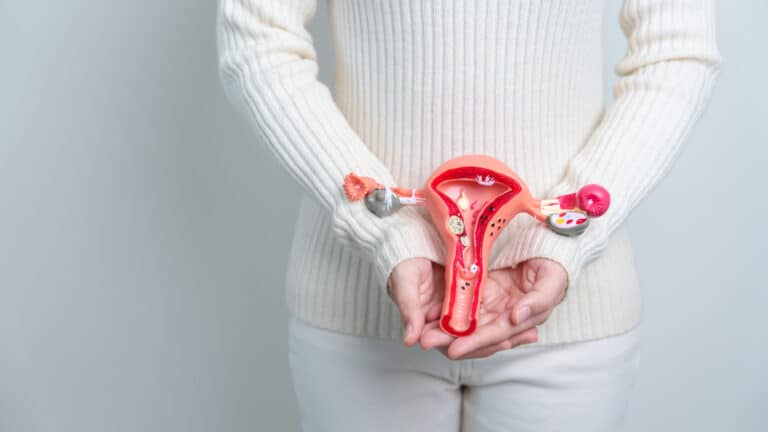Hormone Replacement Therapy and Depression: Finding Relief during Menopause
Most women are aware that menopause can bring hot flashes, sleep disturbances, and even affect bone density, but did you know that there is a relation to depression? In a study published in the Journal of Midlife Health, the prevalence of depression symptoms among peri- and post-menopausal women was 41.8%. Recent research has highlighted a promising approach to address symptoms of depression during menopause: Hormone Replacement Therapy (HRT).
Understanding the Study Findings

A groundbreaking study conducted at a menopause clinic in Ontario, Canada, sheds light on the potential efficacy of HRT in mitigating depression symptoms among menopausal women. Led by Dr. Alison Shea from The Research Institute of St. Joseph’s Healthcare in Hamilton, the study looked at the experiences of 170 women undergoing menopausal transitions.
Key Discoveries: Reduction in Depression Symptoms

The study showed a significant reduction in depression symptoms among women treated with hormone therapy. Remarkably, this improvement was observed regardless of whether participants were concurrently prescribed antidepressants. This dual efficacy underscores the potential of HRT as a standalone intervention or in synergy with existing antidepressant treatments.
Natural Menopause vs. Induced Menopause

However, not all menopause is created equal. Women undergoing natural menopause experienced a great reduction in depressive symptoms, suggesting a promising avenue for intervention. However, the same improvement was not observed among women whose menopausal transitions were induced by cancer treatment or surgery, indicating the need for tailored approaches in such cases.
Mechanisms Underlying the Therapeutic Effects

Hormones wield profound influence over the brain pathways governing mood regulation during and after menopause. By modulating these intricate neurochemical mechanisms, HRT holds immense promise in addressing the multifaceted nature of depressive symptoms.
Holistic Management Approach

Dr. Stephanie Faubion, the medical director for The Menopause Society, emphasizes the imperative of adopting a holistic approach to women’s health. Many women seek medical attention for hot flashes and might not even be aware that depression can be part of their menopausal symptoms. Doctors should address physical as well as mood symptoms comprehensively, so that they can optimize therapeutic recommendations, which in turn will enhance women’s overall well-being.
Implications for Clinical Practice

The findings underscore the need for a paradigm shift in menopausal care, one that prioritizes the holistic management of women’s health. Clinicians are encouraged to consider HRT as a well-researched intervention for alleviating menopausal depression, particularly among women experiencing natural menopausal transitions.
The Takeaway

Hormone replacement therapy’s potential in lessening menopausal depression should be discussed openly in appointments. If your doctor does not address your mood issues – or does, but does not discuss HRT, it might be up to you to advocate for yourself. HRT is not right for every patient, but the possibility should at least be explored.
You may want to read:

- Hormone-Induced IBS: Mastering Symptom Management
- IBS & Periods: Understanding The Gut-Period Connection
- Understanding Menopause And Its Impact On IBS
Join Us

Join us on this empowering journey as we explore, celebrate, and elevate “her story.” The Queen Zone is not just a platform; it’s a community where women from all walks of life can come together, share their experiences, and inspire one another. Welcome to a space where the female experience takes center stage. Sign up for our newsletter so you don’t miss a thing, Queen!








